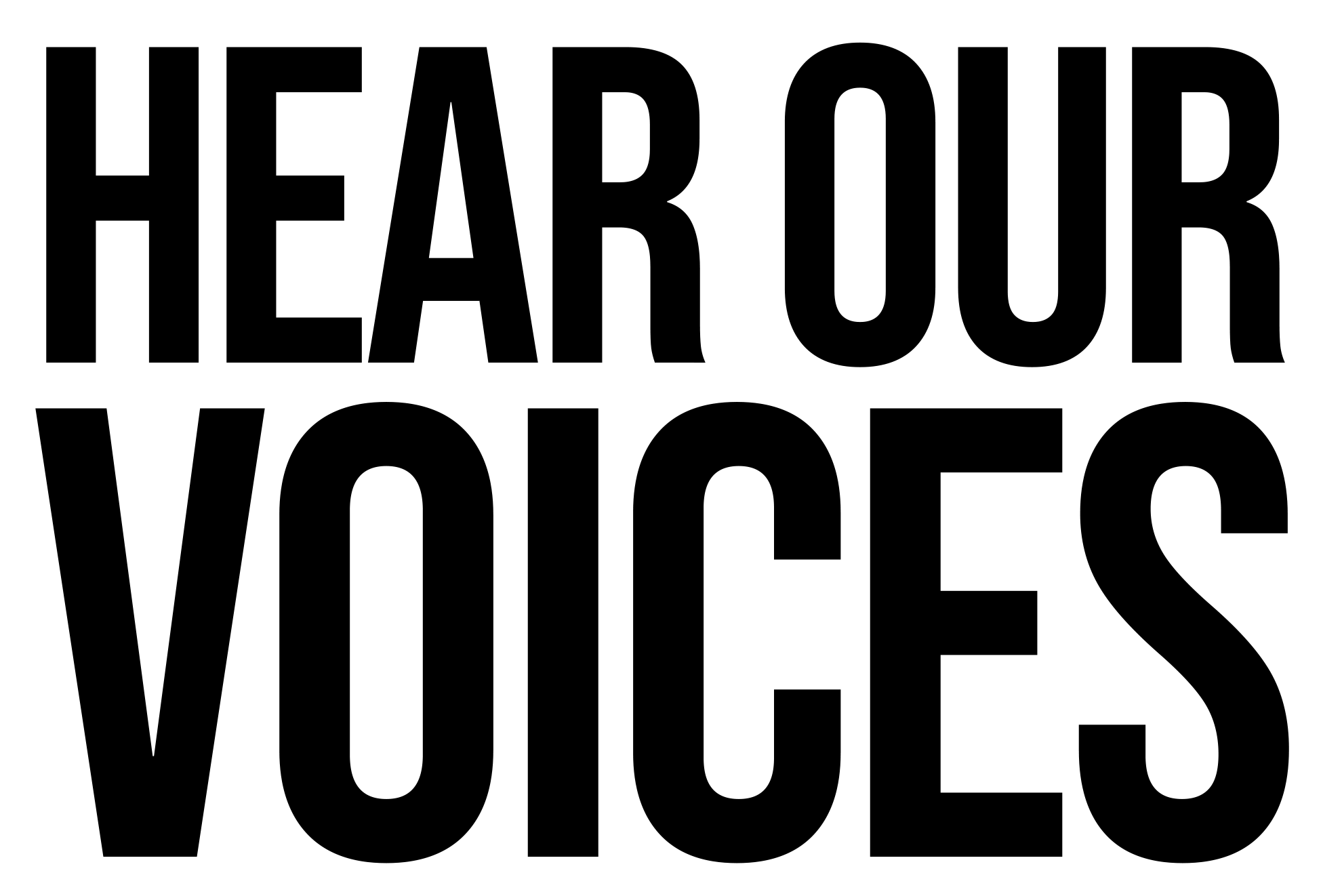After multiple investigations, the U.S. Department of Education has confirmed widespread violations of the rights of disabled students spanning many years by the Virginia Department of Education and Fairfax County Public Schools. The DOE announced on Nov. 30 that the Fairfax school system profoundly failed to provide disabled children an appropriate education during the pandemic as required under federal law.
As the most vulnerable community in Virginia, could it be any worse for disabled children and their families? Tragically, the answer is yes. Virginia school districts have been secretly mistreating disabled students for decades by withholding needed educational accommodations and aggressively litigating against their parents. As a result, the Virginia public school system — rated among the best in the nation — is arguably the worst for disabled students.
Such mistreatment violates a federal law called the Individuals with Disabilities Education Act (IDEA). Congress designed the IDEA to protect disabled children by guaranteeing them a free and appropriate education. When a school district violates that guarantee, the IDEA empowers parents to challenge the school district in a “due process” hearing before a neutral and impartial hearing officer. Without an impartial due process hearing, parents have no meaningful way to secure an appropriate education for their children.
Based on nonpublic documents obtained through a Freedom of Information Act investigation, we discovered that due process hearings in Virginia are far from impartial, but in fact are deeply flawed. As parents of a significantly disabled child, we spent years trying to secure needed educational accommodations. When we first challenged the Fairfax school system’s denial of those accommodations, a school-district social worker warned us to not even bother because we “would lose.”
And lose we did. The due process hearing system was so stacked against us we never had a chance. This became clear to us as the school district presented false testimony vastly exaggerating our son’s capabilities and progress. For example, the district’s witness claimed our son could count to 50 and read books; in reality, he could only count to 2 and knew only a few of the letters in the alphabet. We contradicted the district’s witness with testimony from some of the best diagnostic medical experts in the country. Yet our hearing officer summarily disregarded those experts and denied the educational resources the experts testified our son needed. We believe that the school officials and their outside counsel intentionally presented false testimony in our son’s case, possibly as the product of coercion of school officials.
We have learned that false testimony by public school officials is nothing new in Virginia. On Oct. 28, 2005, Henrico County principal Ronald Odom was criminally charged with perjury for lying in a due process case of a disabled child. The charge was subsequently dismissed because the court concluded that officials could not be criminally liable for testimony in administrative proceedings under the IDEA. Just last month, following the release of a scathing grand jury report, the Virginia Attorney General indicted Loudoun County school spokesman Wayde Byard with felony perjury and former Loudoun County school superintendent Scott Ziegler with various crimes, including one count of misdemeanor false publication.
Stunned by both the process and the outcome in our own son’s case, we investigated the ruling record of our hearing officer. We were shocked to learn that she had never ruled for a disabled child in a due process hearing in almost 30 years since being originally certified in 1993. This discovery prompted us to launch a Freedom of Information Act investigation to see if any other hearing officers had a similar ruling record. Our FOIA requests were met with fierce resistance from the Virginia Department of Education. But after an investigation lasting nearly a year and costing thousands of dollars in legal fees and expenses, we learned that most hearing officers have never ruled for a disabled child.
The facts — now public for the first time — are shocking. Like our own hearing officer, about two-thirds of Virginia hearing officers have never ruled for a disabled child over the course of two decades. In Northern Virginia, the numbers are even worse: 83% of all hearing officers have never ruled in favor of a disabled student in the last decade. Overall, Virginia families almost never win their IDEA due process hearings, with a success rate of just 1.5% over the last 20 years.
To put this into context, in states where most due process hearings occur, studies have found that parents prevail in due process hearings approximately 30% of the time — a rate 20 times higher than in Virginia.
To address this injustice, we recently filed a class action lawsuit against the VDOE and the Fairfax County School Board. Through this litigation, we are seeking profound reform, including more effective oversight, removal of biased hearing officers, elimination of conflicts of interest, and improved certification and training of hearing officers. We also formed a nonprofit organization called Hear Our Voices, which assists and advocates for disabled families and seeks legislative reform, as outlined on the organization’s website.
Though these efforts are important, we cannot win this fight alone. We need help from individuals, families, courageous educators, school administrators, and hearing officers who have witnessed unfair and unethical practices to come forward and tell their stories.
The mistreatment of disabled students in Virginia can only continue in an environment of secrecy and lack of action. We have uncovered some of the secrets, and we hope our case ignites broader action by the court and the community for much-needed reform.
Contact Vivian and Trevor Chaplick at [email protected].

Read the article at Richmond Times-Dispatch’s website:
